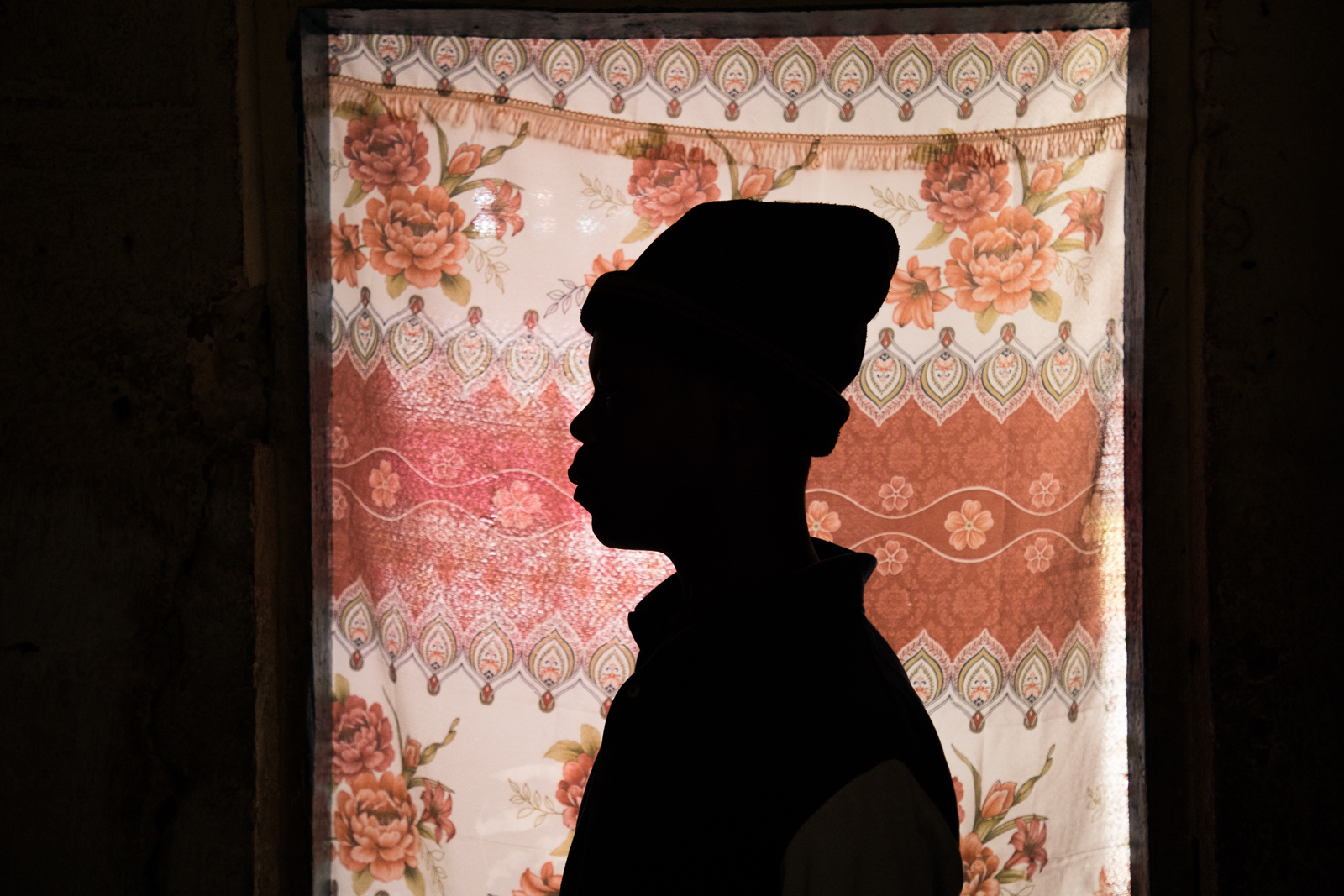
Actor Forest Whitaker helps South Sudanese youth to shape their future
Barriers to education, Child soldiers, Children in conflicts, Education in emergencies, Girls' education, Refugees and internally displaced people, Right to education, Safe schools
The Oscar-winning film star has been in South Sudan and Uganda to see how his charity works with young people on conflict resolution and tolerance.
His greatest screen role was playing a dictator. Ironically, it was that Oscar-winning part that led the actor Forest Whitaker to work with young people on tolerance and peace-building.
He was making the 2007 film The Last King of Scotland – about former Ugandan president Idi Amin – when he learned of the plight of former child soldiers. That led to him setting up a charity that works with youth there and in South Sudan.
Whitaker has been back this week to South Sudan, where the ongoing conflict has driven more than three million people from their homes.
But in the world’s youngest country – where 60% of children are out of school and most people are illiterate – the actor sees hope for the future.
Very moved by the song full of hope from the kids of the protection of civilians site in Juba. Peace must prevail in #SouthSudan. pic.twitter.com/eANmvcPlTn
— Forest Whitaker (@ForestWhitaker) February 14, 2017
“Some of our youths have even negotiated for the army to move out of schools and for the children to come back,” he said.
“They could help to shape the world into a place where they have … life, liberty and the pursuit of happiness.”
The Whitaker Peace & Development Initiative uses sports and film screenings to teach youngsters how to mediate and overcome ethnic divisions that have fuelled the fighting.
One of the young people helped by the organisation has even gone on to become a member of parliament in South Sudan.
Whitaker also visited South Sudanese refugees who had fled to Kiryandongo camp in neighbouring Uganda, where he plans to start a peace-building project for young people in March.
He met teenage girls who said their families would not allow them to go school in the camp because they had to do household chores.
He said: “There are people having struggles, feeling hopeless because of the conflict, not being able to know who to trust. It became quite emotional.”
Whitaker was filming in Uganda in the mid-2000s when he started doing some work with a local organisation.
“Initially, I started working there with child soldiers,” he said during an interview at the recent World Economic Forum, where he received a Crystal Award for his work on conflict resolution.
“I noticed that a lot of the youths coming into us were coming out of South Sudan – and UNESCO asked me if I was interested in some sort of a programme there.”
The Whitaker Peace & Development Initiative, which also works with young people in the United States and Mexico, was born from this. Whitaker is also the co-founder and chair of the International Institute for Peace and a UNESCO Special Envoy for Peace and Reconciliation.

More news

Skills for the future give young people the best chance of success
